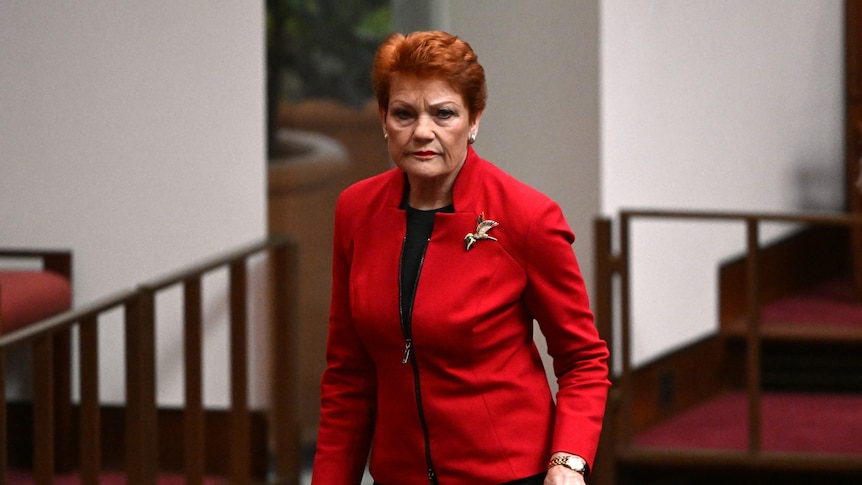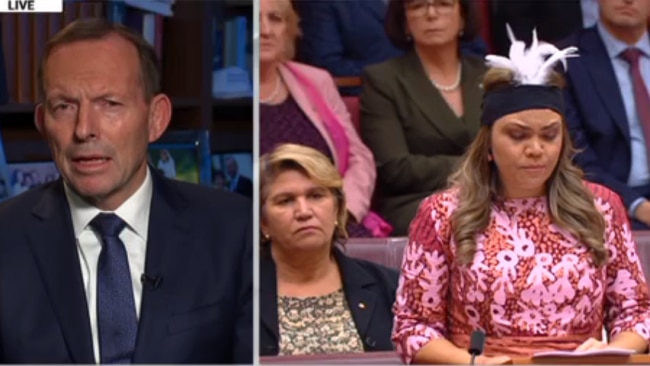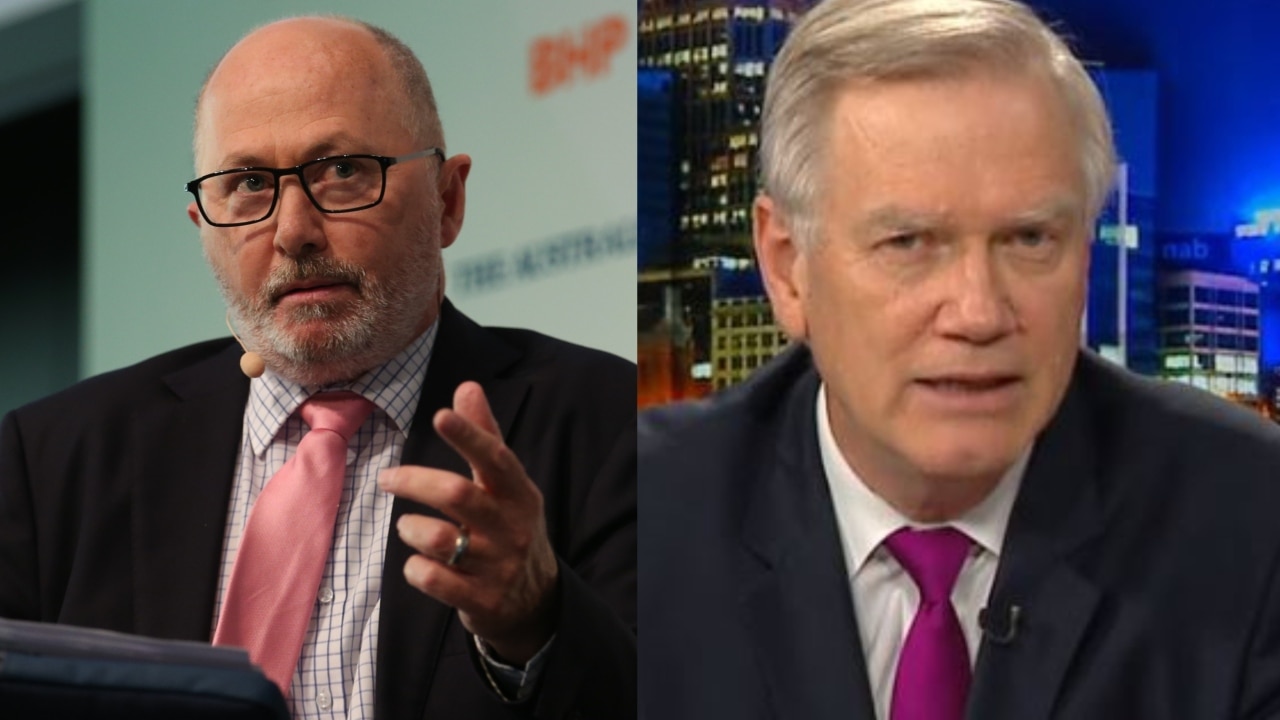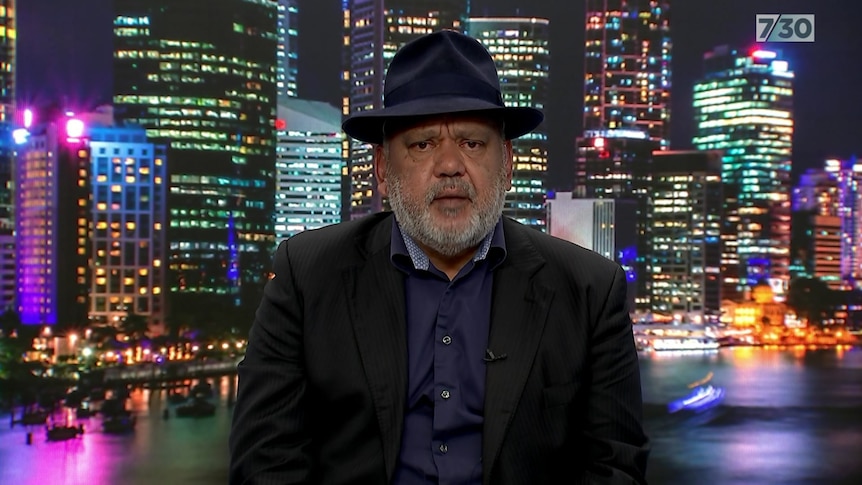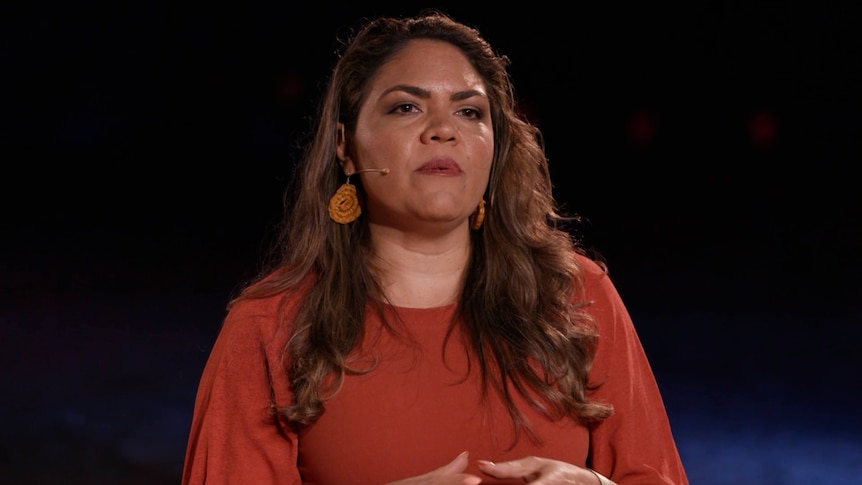A pre-emptive strike by One Nation to register dozens of website addresses that could be used in the Indigenous Voice to Parliament referendum campaign has backfired, with several of the party’s new acquisitions set to be suspended.
Key points:
- Pauline Hanson says her campaign acquired 46 website domains in opposition to an Indigenous Voice to Parliament
- The ABC understands One Nation breached licensing rules that maintain “integrity and trust” of .au domains
- Prime Minister Anthony Albanese has warned “scare campaigns” will plague the upcoming referendum
One Nation leader Pauline Hanson declared last Friday her party would become the face of the “no” vote in a referendum that could give Aboriginal and Torres Strait Islander people greater constitutional representation.
She said her campaign snatched up 46 website domains, including five that closely match ulurustatement.org, a website address already used by First Nations Australians and supporters of a constitutionally recognized First Nations Voice.
“The ‘yes’ campaign is ill-defined and ill-prepared, not even having the foresight to register the domain names we will use to good effect,” Ms Hanson said.
loading
Some of these websites, registered in bulk by Pauline Hanson’s One Nation and One Nation’s Queensland division, included voicetoparliament.org.au and ulurustatement.com.au.
The practice of registering multiple domain names is known as cyber-squatting and can be used to help maximize search engine traffic.
However, One Nation’s endeavor has failed foul of the entity responsible for licensing Australian domains, the .au Domain Administration (auDA).
The domain license administrator, who was made aware of the websites after the ABC uncovered 37 domains that appeared to be registered to One Nation, will suspend several of One Nation’s domains containing a .au address.
It is unclear how many domains will be taken down but auDA policy stipulates entities must typically have a “close and substantial connection” to their registered .au domain name. For example, the domain must match the name they are known by or a service they offer.
“The rules contain strict criteria that registrants must meet to hold their domain name,” an auDA spokesperson said.
“Where registrants are found not to have met the requirements of the .au licensing rules, a .au domain name may be suspended or canceled by auDA.”
The ABC was able to locate 23 domains linked to One Nation’s opposition to a Voice to Parliament with a .au address.
It found another 14 that had their ownership details redacted, but domain records showed they were registered by a Queensland entity at almost the exact same time as the others on August 2 and shared similar website address names.
None of the domains had active websites.
After being told about auDA’s decision to review the .au domains, One Nation registered several new businesses with names matching the domains in question.
These included Uluru Statement, Voice to Parliament and several variations of “no to voice”. The newly acquired business names could satisfy auDa policy about entities having “close and substantial connections” to their website names.
One Nation declined to comment.
Senator Hanson has previously likened a proposed Voice to Parliament to apartheid in South Africa, the system of institutionalized racism that denied non-white South Africans civil rights.
Prime Minister Anthony Albanese, who has warned that “scare campaigns” would plague the referendum, said the Voice would not supersede parliament.
“What it seeks to do, though, is to break with what I call ‘the tyranny of powerlessness’ that First Nations people have suffered from [more than] 121 years of the Commonwealth making decisions in Canberra without having respect and without having consultation with First Nations people themselves,” Mr Albanese said last month.
.
